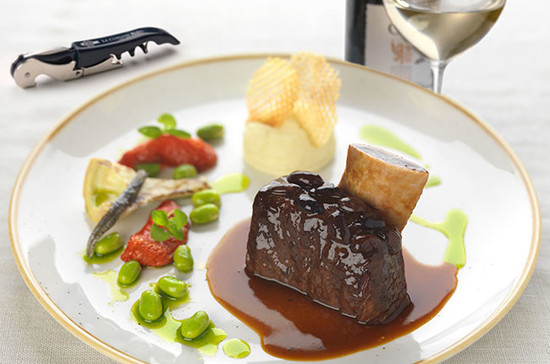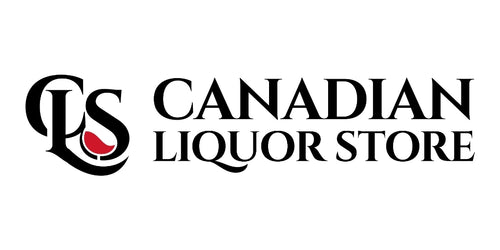The Wrong Way to Pair Wine with Food
The Wrong Way to Match Wine and Dine In theory, there are no limits to wine pairings - after all, because there are a thousand Hamlets in a thousand people's eyes. But alcohol can interfere with the palate, making certain foods sweeter or more bitter, and different dishes require different wines to get the best experience. And there are still traces that can make wine and food complement each other, showing the charm and taste of food and wine itself, and not affecting your dining mood. Today, let me list a few of the more confusing mistakes in wine pairing, so that you can have a "1+1>2" experience from the beginning to the end of your future wine and food pairing.
- Champagne and Chocolate Cake
Champagne is a sparkling wine made by secondary fermentation, usually with a fresh flavor and high alcohol content. Champagne is often used as a celebratory wine or served with desserts. However, pairing a dessert like chocolate cake with Champagne is not a smart move. Pairing chocolate cake with champagne is not a wise decision. The combination of Champagne's obvious acidity and chocolate cake's excessive sweetness does not usually produce satisfactory results. Rather than using champagne in this way, save it for special occasions. For a dessert like chocolate, pair it with a sweet wine that is sweeter than the chocolate itself. For example, noble rot, after all, it makes sense to pair desserts with sweet wines. Some of the more recommended noble rot wines are Chateau Subuiraut 2002.

- White Wine with Roast Beef
When people think of roast beef, they inadvertently associate them with light white wines, which are thought to take away the greasiness of roast beef. But the truth is that roast beef is better served with a sturdier, higher tannin wine to bring out the great flavors that occur when the wine is paired with the meat. For example, a red wine made with Carbonate Sauvignon, which has a high tannin content, can perfectly complement roast beef.
*** Here extends another knowledge point: pair the food intensity appropriately with wine is important
The method of cooking food can greatly affect the taste and tone of the food itself to some extent. For example, smoked salmon must have more than a little bit more taste intensity than salmon sashimi. The strong smoke flavor in smoked salmon is inherently thick and is better suited to a full-flavored wine. The salmon itself is lighter with a hint of greasiness, which makes it more suitable for lighter flavored wines. ***

- Pinot Noir and More Acidic Foods
Pinot Noir wines are known for their outstanding fruitiness and can easily blend with a variety of flavors to bring a different flavor experience to the taster. However, Pinot Noir is not able to handle acidic foods, which can cause the fruitiness of Pinot Noir to be greatly weakened and lose its original flavor. It can also make the dish tasting bland and tasteless. Pinot Noir's distinctive flavor is better suited to be paired with milder cuisines to bring out the beauty of Pinot Noir.

- Syrah and Roast Chicken
Syrah red wines are not only suitable for tasting alone, but also for pairing with different cuisines, making them popular among many people. However, many sommeliers are obsessed with pairing Syrah with saucy dishes, such as sweet and spicy or sweet and sour seasoned roast chicken. But in fact, this is not a perfect pairing. Because both the wine and the food itself are too heavily seasoned, the flavors of both the wine and the food are not fully integrated. A beautiful release. It is wise to pair it with a white wine with tropical fruit flavors, such as Sauvignon Blanc, for a more balanced taste.
All of the pairings are reasonable and perfect, it's just that sometimes the deliciousness of the food and wine needs some other assistance to help enhance and give a qualitative boost to the taster's experience.

